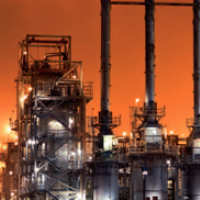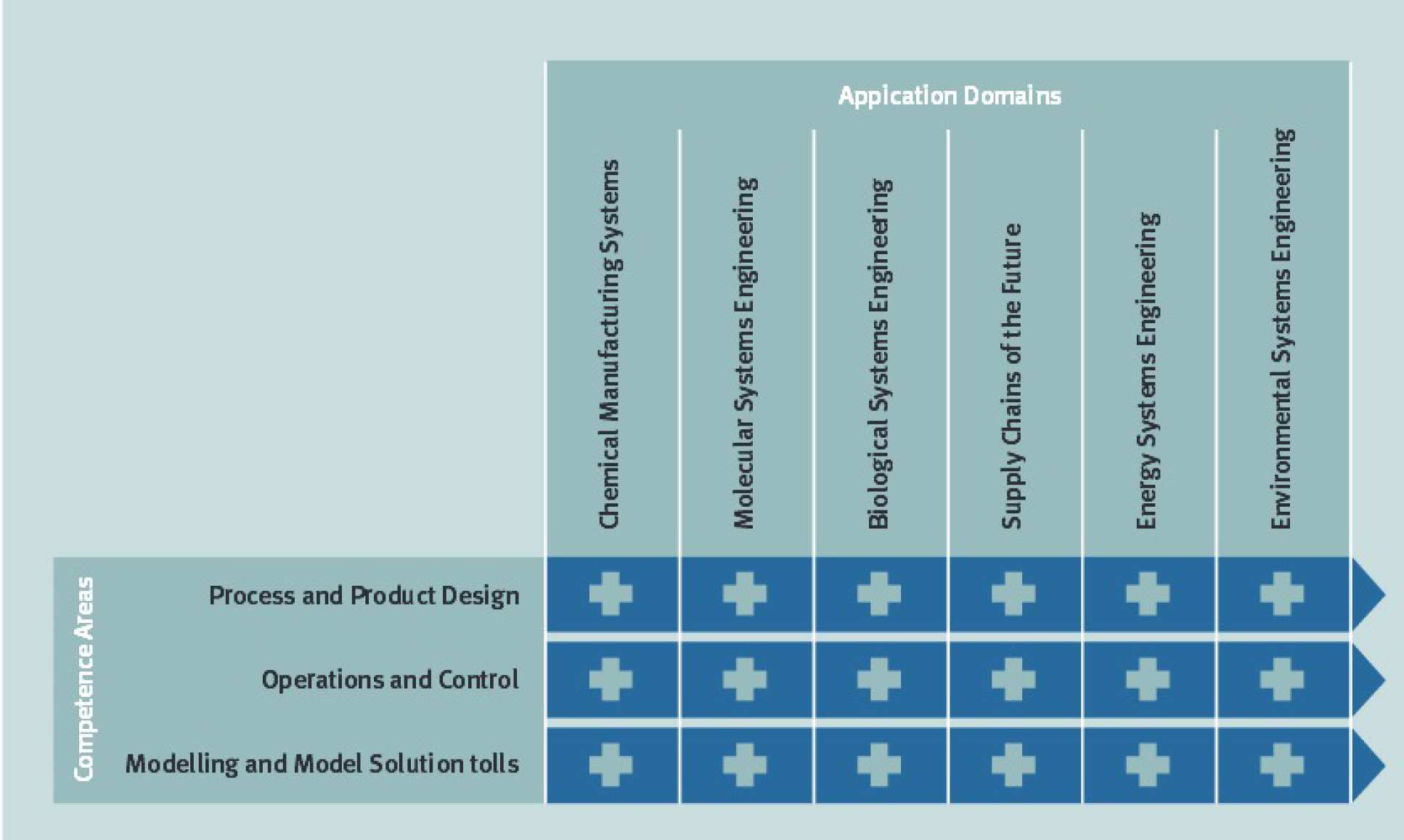Systems Laboratory
 Our research encompasses methods and computer-based tools for optimization, design and operation in the process industries.
Our research encompasses methods and computer-based tools for optimization, design and operation in the process industries.
Process Systems Engineering (PSE) treats the way in which a complex system behaves as a whole. For example, a sticking valve or a contaminated feed might result in the failure of a complete manufacturing plant or unit process.
PSE uses domain knowledge along with mathematical and experimental techniques to build computer models of all the unit processes that make up an existing or proposed chemical plant, refinery, biological cell or supply chain.
These models can then be integrated to predict the behaviour of the system as a whole and used to test the outcome of various design options, process changes or failures at the system level, to optimise the system to produce a particular outcome or to assess performance.
PSE has been shown to be a very powerful and flexible approach to developing a detailed understanding of complex systems as diverse as biological cells, industrial chemical plant, refineries, supply chains, energy systems and urban infrastructure.
An important element is modelling and integration at widely different lengthscales (e.g., molecular level to process level). This approach has many industrial applications and has been used successfully by our partners to optimise plant configurations, chemical process conditions, molecular synthesis routes and to control biological synthesis.
Recent work includes the computer-aided design of high-performance reaction solvents, production management in paper making, process intensification, design of high-purity protein separation systems, design of new devices such as solid oxide fuel cells, control of fuel cells, real-time analysis of industrial plant and the design of building energy systems.
Most of this research takes place in the Centre for Process Systems Engineering, a joint research centre with UCL and involving other departments at Imperial College.
The Centre won a Queen's Award for Excellence in 2003 and its spin-off company the MacRobert Award in 2007. It includes over 20 academic staff and 80 researchers. The research is structured in a matrix as below.
